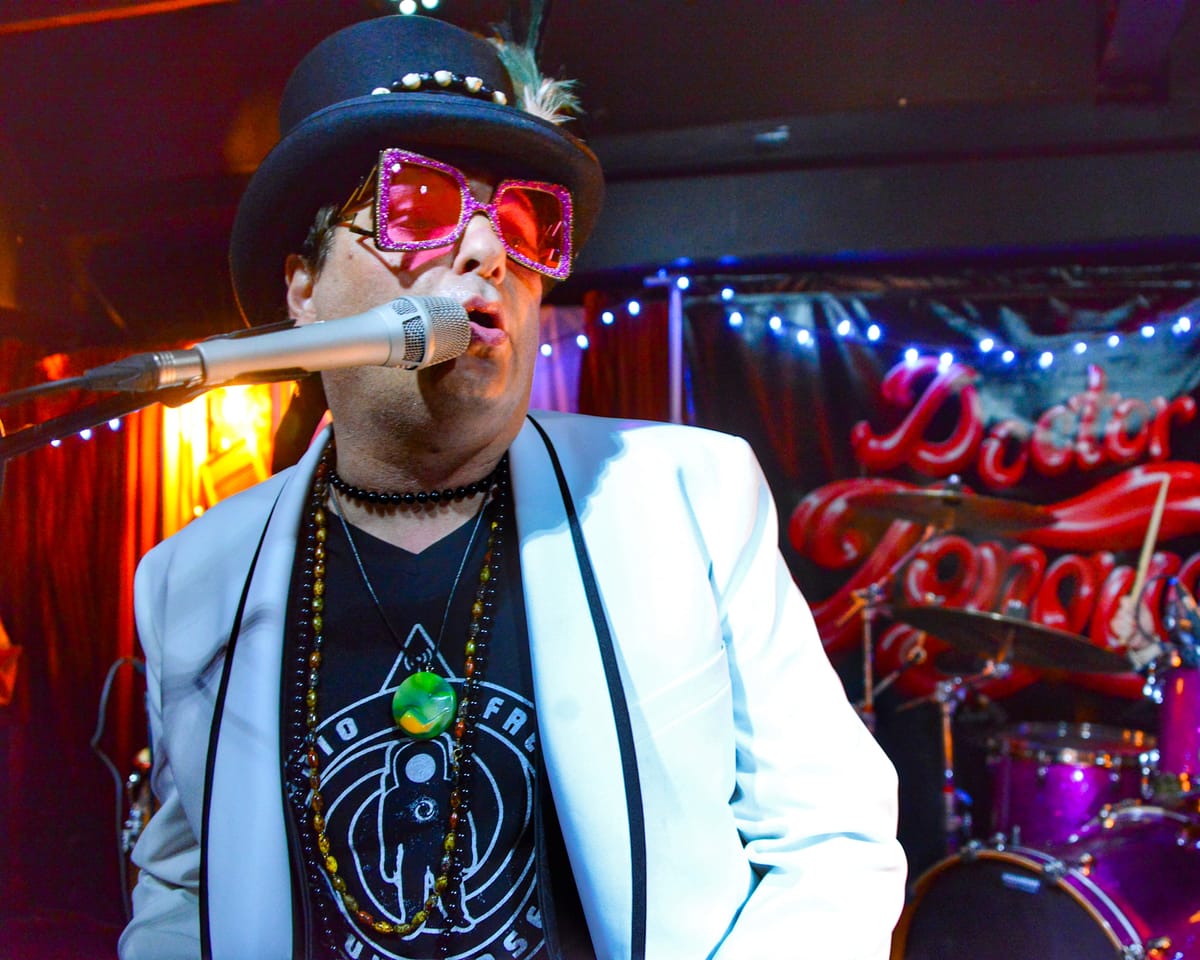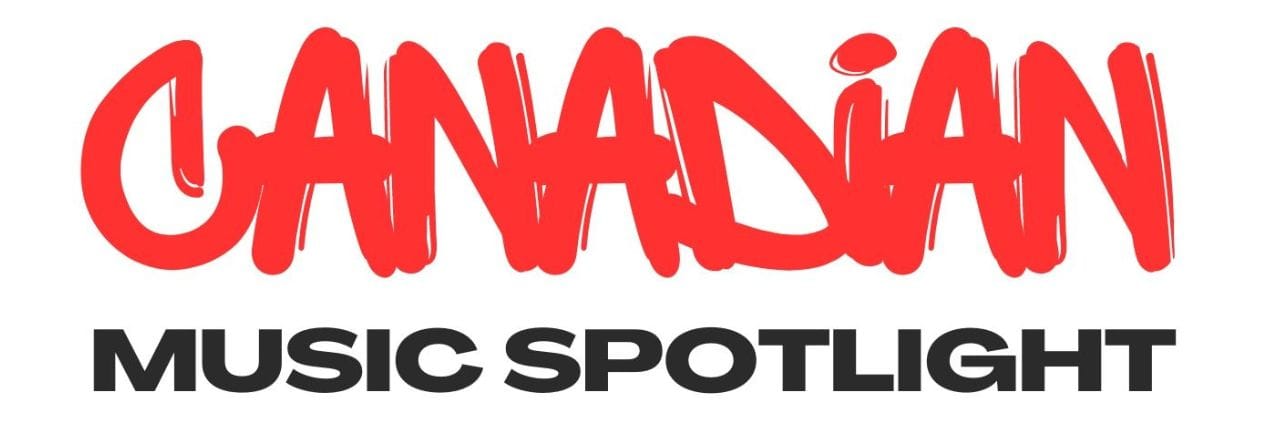What Made Us Fall in Love with Music

By George Panagopoulos
In the heart of every musician, there’s a spark—a profound, almost mystical connection to music that once ignited our passion, compelling us to not just listen, but to create, to express, and to live through melodies and harmonies. As we journey through the complex landscape of the music industry, navigating the shifting sands of genres, trends, and peer pressures, it’s all too easy to lose sight of that initial flame. This is a call to rediscovery, to peel back the layers of expectation and sophistication, and reconnect with the essence of our musical love affair.
My first encounter with music’s magic is as vivid today as it was decades ago. Trudging through snow at the tender age of three, I was enraptured not by the cold or the pristine whiteness stretching endlessly before me, but by the crunch of snow beneath my feet—their sound a symphony, a comfort, a revelation. This primal connection to sound was my first brush with music’s power. Later, it was my parents’ forgotten record collection that became my treasure trove. The Everly Brothers’ “All I Have To Do Is Dream” and Bach’s Minuet in G Major not only filled the air but also stirred something deep within. Music, in its myriad forms—from “Rhinestone Cowboy” to Elvis’ movies, from Judy Garland’s powerful vocals to the subtle complexities of classical counterpoints—became my sanctuary, my inspiration.
However, as we grow, the innocence of our early encounters with music often fades, replaced by a desire to belong, to be accepted. Music, for many, becomes a clique, a badge of identity worn in alignment with those we deem cool or worthy. This transformation is particularly poignant during our teenage years when our musical tastes become public declarations of our social identities. Yet, it’s this openness to influence, this fluidity of preference, that initially allows us to explore the vastness of music’s landscape. It’s a gift, really, enabling us to absorb, to grow, and ultimately, to define our artistic voices. But there lies a trap—in seeking acceptance, we risk closing off, declaring all outside our chosen niche unworthy. This is where growth stalls, where the spark dims.
Philosophically and practically, reconnecting with our musical roots demands a dual approach. We must strive to recapture the childlike wonder of our first sonic encounters—the sheer awe of hearing something and feeling it resonate on a primal level. For me, the crunch of snow underfoot always brings back the magic of those initial experiences, reminding me to listen with fresh ears, to appreciate the marvel of sound in its simplest form. It’s about embracing everything with an open heart, even if it challenges our established tastes. If millions find joy in Taylor Swift’s music and I don’t, the onus is on me to bridge that gap of understanding. Admittedly, I struggle with her work, lamenting the distance from the Hendrixes and Beatles of the world. Yet, acknowledging her success means there’s something there, something worth exploring, learning from, and appreciating.
This philosophy extends to all genres. The challenge isn’t just to appreciate music outside our personal preferences but to see the connections it forms with others, to understand its universal language that transcends genre, culture, and era. Every genre, every note holds potential for inspiration, for learning, for expanding our musical horizons.
Maintaining an open mind does not mean losing our musical identity; rather, it enriches it, allowing us to draw from a broader palette, to infuse our work with diverse influences, and to truly innovate. Our greatest growth lies in the intersection of the familiar and the unknown, in the courage to explore beyond our comfort zones.
As this journey unfolds, we must also confront the industry’s pressures, the weight of expectations, and the lure of complacency. The path back to authenticity is not without its obstacles, but the rewards—renewed passion, deeper connections, and a more profound sense of purpose—are immeasurable.
In conclusion, I invite you to a moment of introspection. Think back to a song you once adored, one that now seems out of place in your current playlist. Remember how it made you feel, the memories it evokes, the person you were when it was your anthem. That song, that version of you, holds a key to rediscovering the spark, to reigniting your passion for music. By allowing that past self to coexist with the musician you’ve become, you open a door to a richer, more authentic creative life.
Music, in its infinite variety, has the power to inspire, to comfort, to challenge, and to unite. Let’s embark on this journey back to what made us fall in love with music, armed with openness and a willingness to rediscover the spark that set our musical paths alight. In doing so, we not only reconnect with our roots but also pave the way for a future where our music, infused with the essence of our earliest inspirations, resonates more deeply than ever before.
George Panagopoulos is keyboard player and lead vocalist for Doctor Tongue
Website: www.doctortongueband.com/
